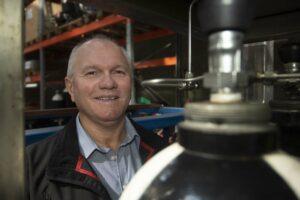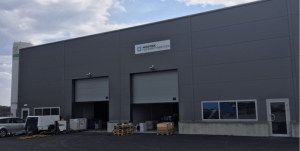Hydrogen Sulphide is a substantial safety concern in the oil industry, but far from the only gas encountered during drilling operations. This emergency call was about high concentrations of CO gas.
The most common and toxic gasses encountered in the oil industry are H2S, CO, CO2, SO2, and CH4.
Saturday morning we received an emergency call out from a Norwegian operator, as a regular well permanent plug and abandonment job went wrong, prompting a high concentration of CO in the old mud. Inhalation of CO in high concentrations is dangerous, and even deadly in concentrations at or above 12,800 ppm.
Before the arrival of our safety supervisor, the platform mud system had been seriously contaminated with a high concentration of CO and the lack of contingency plans for the presence of CO placed the forthcoming operations under high risk. The safety supervisor’s role was to advise on proper risk assessment for the handling of CO and ensure the operations could continue without jeopardizing the safety of onboard personnel.
Exposure to CO can cause nausea, dizziness, headaches and collapse. Inhalation overexposures may be fatal.
Client Feedback
Throughout your stay on the rig you have shown a very professional attitude and have helped us get a clear understanding of the problems we have faced and how to deal with them in the best possible way. On behalf of the crew, I would like to thank you for all your good work.





